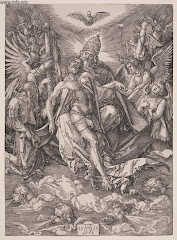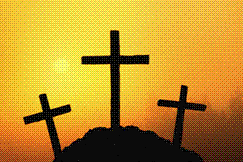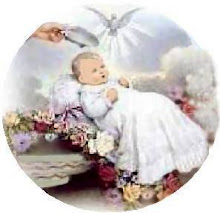In the Lutheran church we follow the church year and the colors on the altar change. Each Sunday has a name. Here are the major seasons of the church year: (from http://www.lcms.org/)
THE TIME OF CHRISTMAS
Advent Season
First Sunday in Advent
Second Sunday in Advent
Third Sunday in Advent
Fourth Sunday in Advent
Christmas Season
The Nativity of Our Lord
Christmas Eve
Christmas Midnight
Christmas Dawn
Christmas Day
First Sunday after Christmas
Second Sunday after Christmas
Advent Season
First Sunday in Advent
Second Sunday in Advent
Third Sunday in Advent
Fourth Sunday in Advent
Christmas Season
The Nativity of Our Lord
Christmas Eve
Christmas Midnight
Christmas Dawn
Christmas Day
First Sunday after Christmas
Second Sunday after Christmas
Epiphany Season
The Epiphany of Our Lord
First Sunday after the Epiphany The Baptism of Our Lord
Second Sunday after the Epiphany
Third Sunday after the Epiphany
Fourth Sunday after the Epiphany
Fifth Sunday after the Epiphany
Sixth Sunday after the Epiphany
The Epiphany of Our Lord
First Sunday after the Epiphany The Baptism of Our Lord
Second Sunday after the Epiphany
Third Sunday after the Epiphany
Fourth Sunday after the Epiphany
Fifth Sunday after the Epiphany
Sixth Sunday after the Epiphany
Seventh Sunday after the Epiphany
Eighth Sunday after the Epiphany
Last Sunday after the Epiphany The Transfiguration of Our Lord
Eighth Sunday after the Epiphany
Last Sunday after the Epiphany The Transfiguration of Our Lord
THE TIME OF EASTER
Pre-Lent Season Septuagesima
Sexagesima
Quinquagesima
Lenten Season
Ash Wednesday
First Sunday in Lent
Second Sunday in Lent
Third Sunday in Lent
Fourth Sunday in Lent
Fifth Sunday in Lent
Holy Week
Palm Sunday/Passion Sunday
Monday in Holy Week
Tuesday in Holy Week
Wednesday in Holy Week
Holy Thursday
Good Friday
Holy Saturday
Easter Season
The Resurrection of Our Lord
Easter Vigil
Easter Dawn
Easter Day
Easter Evening/Monday
Easter Tuesday
Second Sunday of Easter
Third Sunday of Easter
Fourth Sunday of Easter
Fifth Sunday of Easter
Sixth Sunday of Easter
The Ascension of Our Lord
Seventh Sunday of Easter
Pre-Lent Season Septuagesima
Sexagesima
Quinquagesima
Lenten Season
Ash Wednesday
First Sunday in Lent
Second Sunday in Lent
Third Sunday in Lent
Fourth Sunday in Lent
Fifth Sunday in Lent
Holy Week
Palm Sunday/Passion Sunday
Monday in Holy Week
Tuesday in Holy Week
Wednesday in Holy Week
Holy Thursday
Good Friday
Holy Saturday
Easter Season
The Resurrection of Our Lord
Easter Vigil
Easter Dawn
Easter Day
Easter Evening/Monday
Easter Tuesday
Second Sunday of Easter
Third Sunday of Easter
Fourth Sunday of Easter
Fifth Sunday of Easter
Sixth Sunday of Easter
The Ascension of Our Lord
Seventh Sunday of Easter
Pentecost
Pentecost Eve
Day of Pentecost
Pentecost Evening/Monday
Pentecost Tuesday
Pentecost Eve
Day of Pentecost
Pentecost Evening/Monday
Pentecost Tuesday
THE TIME OF THE CHURCH
The Season of the Holy Trinity
The Season of the Holy Trinity
The Holy Trinity
First through the Twenty-sixth Sunday after Trinity
Last Sunday of the Church Year
First through the Twenty-sixth Sunday after Trinity
Last Sunday of the Church Year










